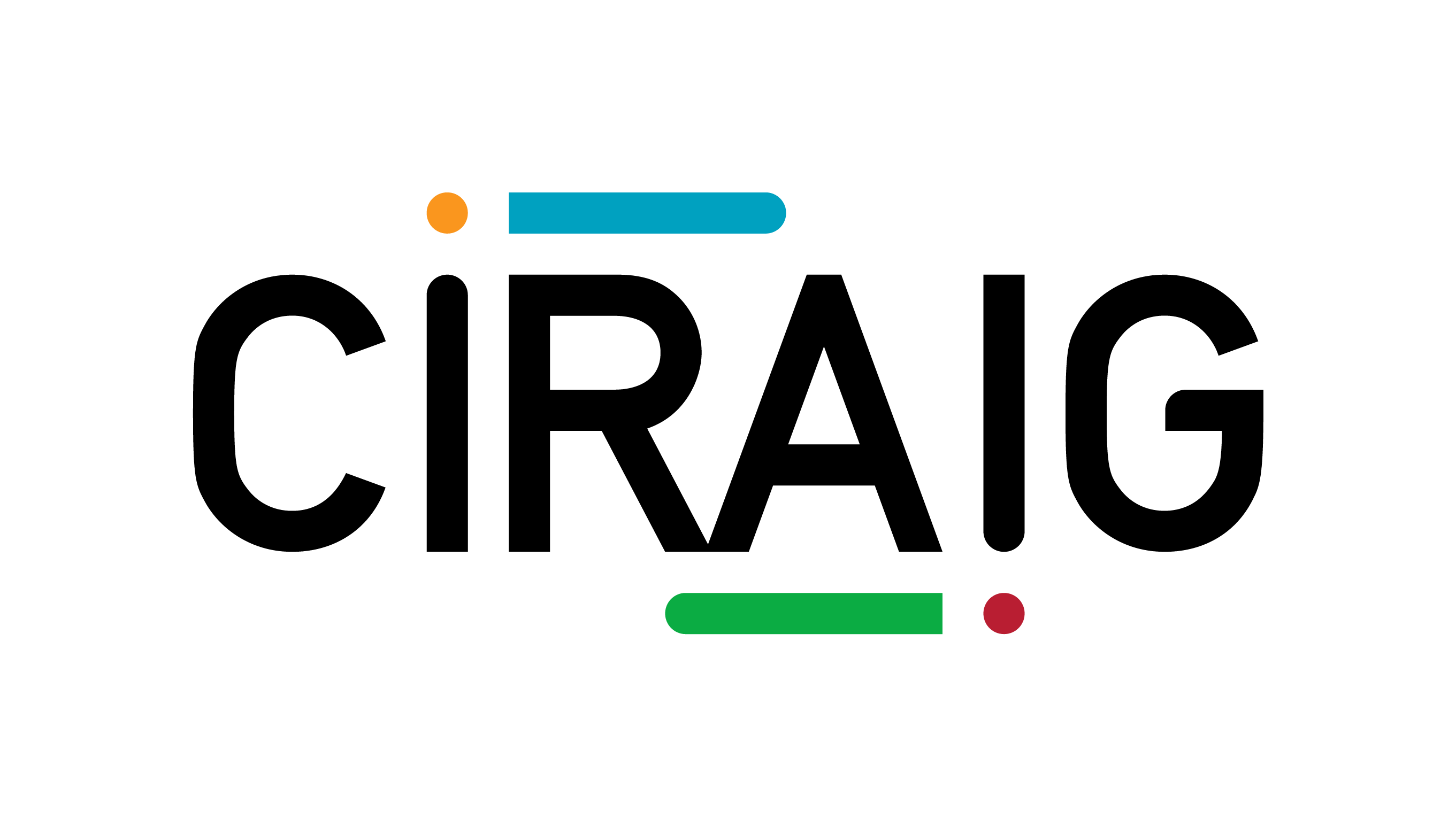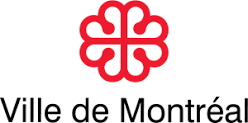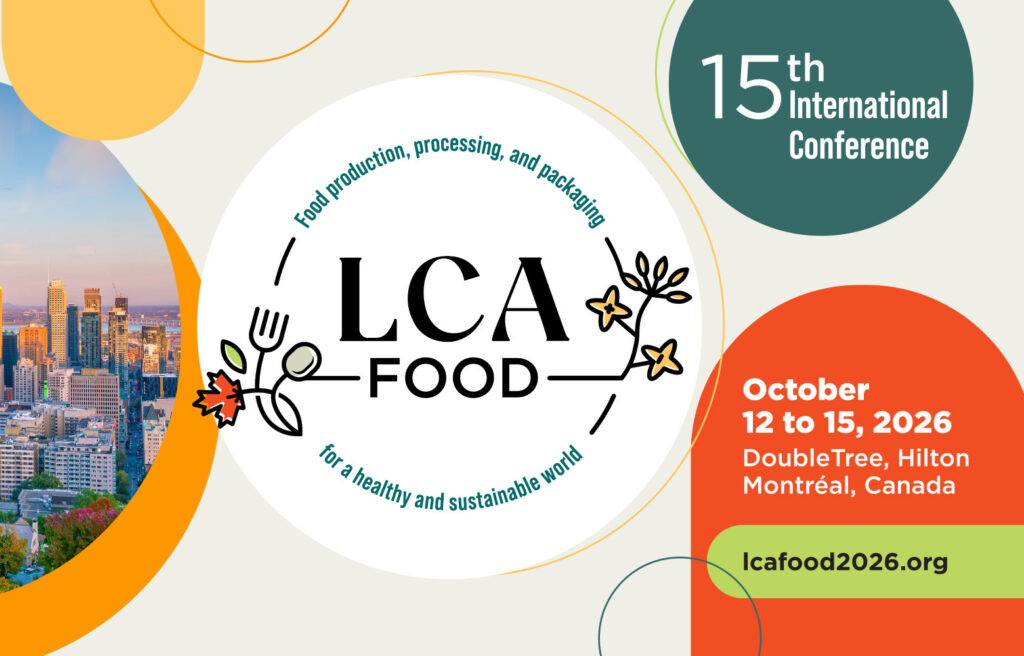Project
Development and application of a tool to evaluate waste management scenarios
Evaluate and compare the options for waste management for the City of Montreal

In french only
L’objectif de la présente étude est d’évaluer et de comparer des options de gestion de matières résiduelles retenues par la Ville de Montréal afin de faire ressortir celles qui sont économiquement viables et qui présentent le moins d’impacts environnementaux et le plus de retombées sociales positives.Afin d’évaluer les performances des scénarios dans un contexte de
développement durable, les trois grand pôles que sont l’environnement, le
social et l’économie devaient être considérés. Un outil, basé sur l’analyse
du cycle de vie simplifiée, a donc été élaboré afin de comparer les outils de collecte, les options de collecte, les options de gestion des matières organiques et des résidus ultimes proposées et d’identifier les points forts et les points faibles de chacun.
In collaboration with
We use cookies on our website to give you the most relevant experience by remembering your preferences and repeat visits. By clicking “Accept”, you consent to the use of ALL the cookies.
Manage consent
Privacy Overview
This website uses cookies to improve your experience while you navigate through the website. Out of these, the cookies that are categorized as necessary are stored on your browser as they are essential for the working of basic functionalities of the website. We also use third-party cookies that help us analyze and understand how you use this website. These cookies will be stored in your browser only with your consent. You also have the option to opt-out of these cookies. But opting out of some of these cookies may affect your browsing experience.
Necessary cookies are absolutely essential for the website to function properly. This category only includes cookies that ensures basic functionalities and security features of the website. These cookies do not store any personal information.
Any cookies that may not be particularly necessary for the website to function and is used specifically to collect user personal data via analytics, ads, other embedded contents are termed as non-necessary cookies. It is mandatory to procure user consent prior to running these cookies on your website.
Your subscription could not be saved. Please try again.
Your subscription has been successful.





